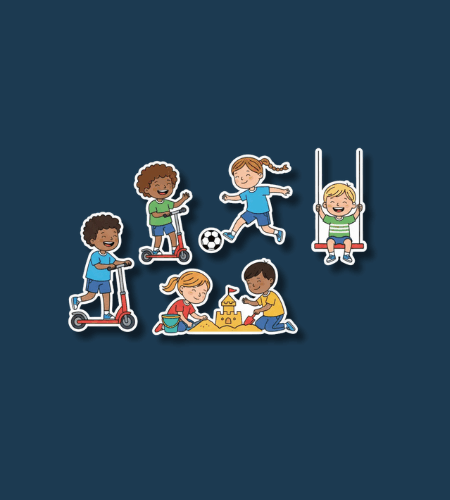Every year on November 20, the world observes World Children’s Day (Universal Children’s Day), a special date aimed at promoting the well-being and rights of children around the globe. 1
Table of Contents
History of World Children’s Day
The idea of a day dedicated to children dates back many decades. In 1925, during the World Conference on Child Welfare in Geneva, the first formal step was taken to recognize children’s rights and welfare internationally.
Later, on November 20 1959, the United Nations adopted the Declaration of the Rights of the Child. Then on the same date in 1989 the UN adopted the Convention on the Rights of the Child, setting binding standards for children’s rights worldwide.
Because of these milestones, November 20 was designated as Universal Children’s Day to promote the rights and welfare of children everywhere.
Why is World Children’s Day important?
World Children’s Day matters because it draws global attention to the fact that children everywhere deserve care, protection, education and the opportunity to reach their full potential. By recognizing a shared day, societies reaffirm their commitments to these ideals.
It also provides a platform to assess how far we have come and how far we still need to go—in areas such as child mortality, access to education, protection from violence, and equal treatment regardless of background.
- It highlights that childhood rights are universal, not limited by country or culture.
- It encourages governments, communities and individuals to invest in children’s welfare.
- It brings focus to issues like access to education, health care and protection from abuse.
- It reminds adults that children are not just our future—they matter now.
- It inspires actions: whether in policy, charitable work or everyday care for children.
How to Celebrate World Children’s Day
Observing World Children’s Day can be both meaningful and practical. People might participate in local events, support organizations working for children’s rights, or simply engage in conversations about how to better support children in their own community. Educators can use the day to teach children about their rights and empower them to speak up.
In homes and neighborhoods, the day can be used to listen to children’s voices—ask what they need, what they hope for—and then act on those responses. Small gestures matter: dedicating time, sharing resources, checking that children’s environments are safe and inclusive.
Here are some simple ideas:
- Spend time with a child, listen to their thoughts and stories.
- Support a charity or NGO that works for children’s well-being.
- Organize or participate in a local awareness event about children’s rights.
- Read with or to children about what they are entitled to and what they can aspire to.
- Advocate for a safe, inclusive environment for children in your community.
World Children’s Day Dates Table
| Year | Date | Day |
|---|---|---|
| 2026 | November 20 | Friday |
| 2027 | November 20 | Saturday |
| 2028 | November 20 | Monday |
| 2029 | November 20 | Tuesday |
| 2030 | November 20 | Wednesday |
Subscribe to our newsletter and never miss a holiday again!

